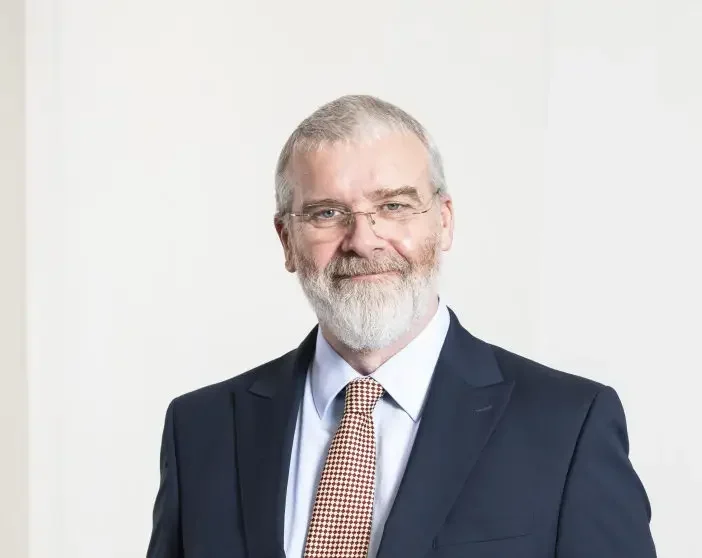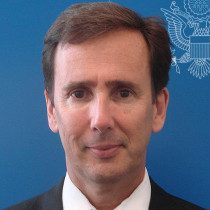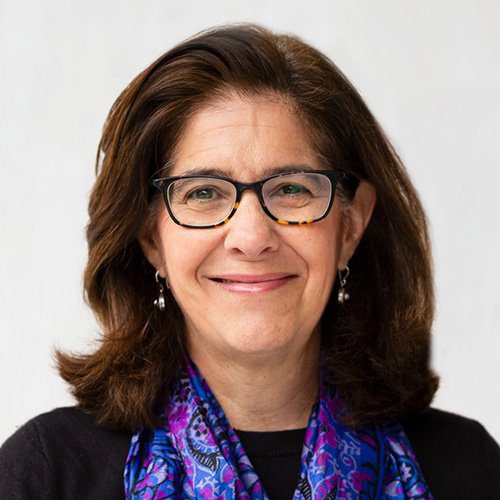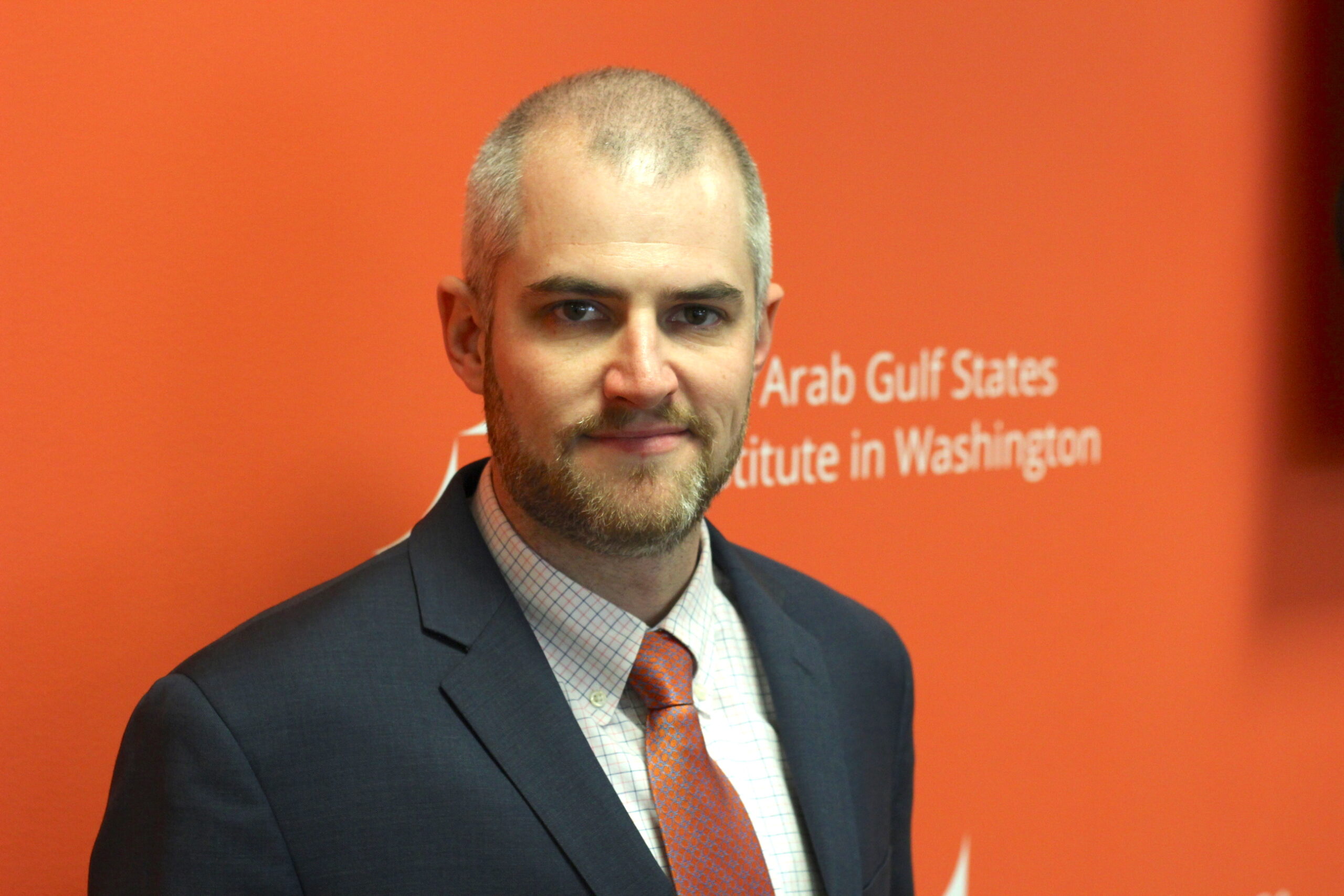Past Event
Petro Diplomacy 2025: The GCC Energy Sector: Transformation, Diversification, and Global Ambition
Date
Jun 24, 2025
Location
The Army and Navy Club
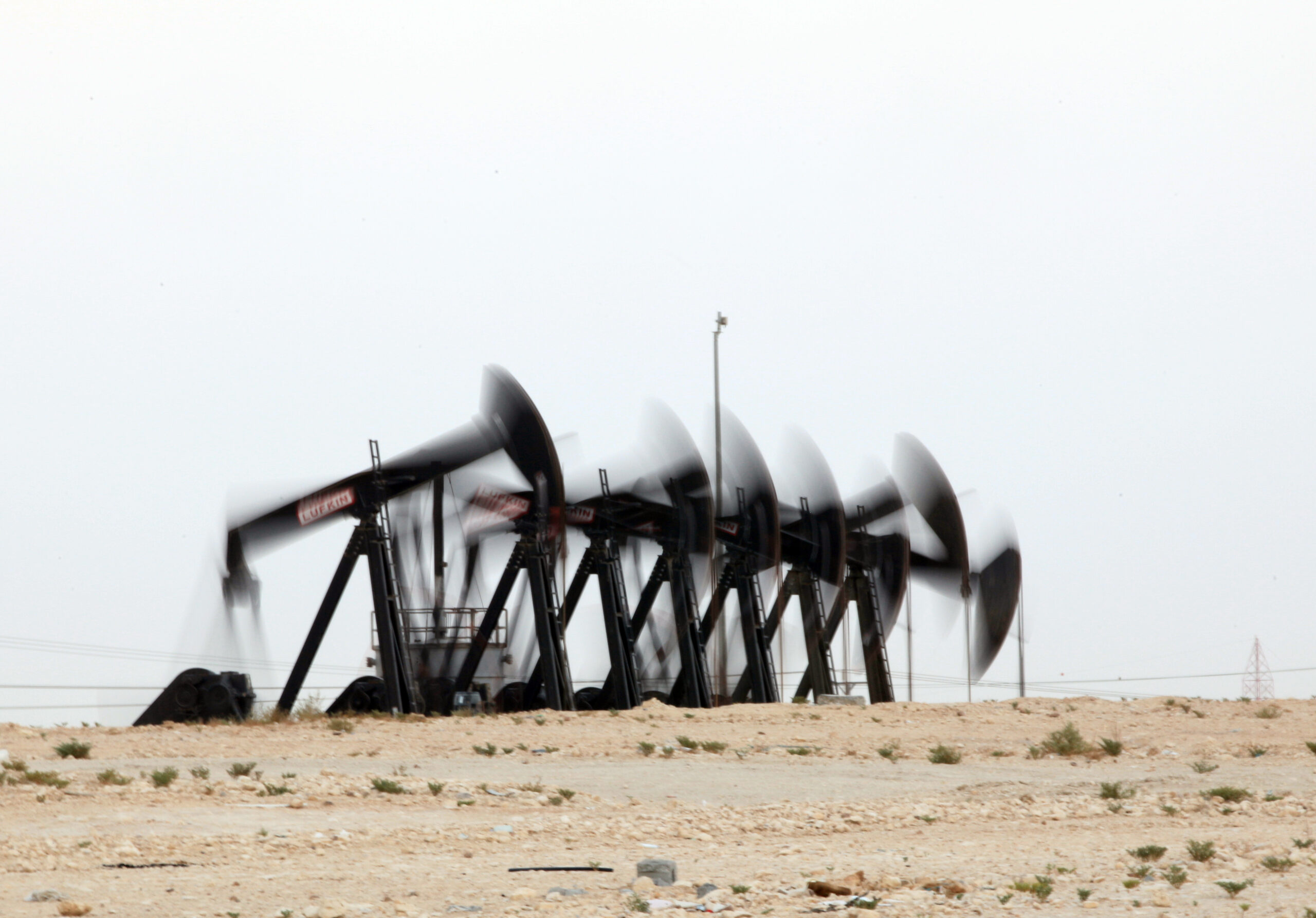
About the event
For the 11th consecutive year, AGSI convened its Petro Diplomacy conference, bringing together private and public sector stakeholders from the United States, Europe, and the Gulf Arab countries to discuss emerging trends in energy markets and regional politics.
The Gulf Cooperation Council states are undergoing a major energy transformation, balancing economic diversification, energy security, and sustainability. All this is taking place at a time of growing geopolitical tensions in the Middle East and upheaval in the international order following the election of Donald J. Trump for a second term as president of the United States.
The war in Gaza and attacks on Red Sea shipping by Houthi rebels in Yemen tested regional alliances and redirected energy trade routes, though oil prices were largely unaffected as flows from the Middle East were not disrupted. But oil prices have weakened as the war in Gaza continues. A further decline would erode the spending power of the oil exporting Gulf Arab countries and weaken their ability to withstand political and economic shocks.
The GCC countries are intensifying efforts to reduce dependence on oil revenue, expand renewable energy capacity, and position themselves as global leaders in conventional and clean energy development. Despite the diversification push, oil and gas remain core economic pillars for GCC countries, so the transition needs to be managed carefully to maintain stability and prepare for a more sustainable future when demand for oil peaks.
GCC countries aim to be global leaders in hydrogen production, leveraging abundant natural gas and renewable energy to secure new sources of revenue in the coming decades. The state-owned national oil companies are also expanding their international presence with investments in Asian, European, and U.S. energy markets thereby becoming more integrated in the global energy network.
Balancing economic diversification with oil reliance remains a challenge. Climate policies and global energy transitions may impact long-term fossil fuel demand, while scaling up renewable and hydrogen projects requires massive infrastructure investment and regulatory frameworks.
While fossil fuels continue to dominate, the shift to renewables, hydrogen, and energy efficiency is reshaping the region’s energy landscape. The success of these efforts will depend on clear policies and goals, innovation, international collaboration, and technological advancement.
Sponsors:


The views represented herein are the author's or speaker's own and do not necessarily reflect the views of AGSI, its staff, or its board of directors.
Agenda
Breakfast Keynote
Session 1: Navigating Upheaval: Energy, Stability, and the New Middle East
It has been a tumultuous time in the Middle East since the October 7, 2023 Hamas attack on Israel, kicking off the devastating war on Gaza by the Israeli military. Fears that the conflict might draw in other regional powers and lead to a wider conflagration did not materialize, but there is no doubt that the Middle East is being reshaped. Lebanon finally elected a president after a two-year political hiatus; Syria witnessed the end of the Assad family dynasty; and Iran was weakened by the loss of its Syrian ally and the blow to its regional proxies.
How have energy companies navigated this tumultuous period in the region? What new opportunities does the new regional order present? What role can energy companies play in economic development and postconflict reconstruction? What are Gulf Arab countries doing to promote regional stability and expand economic opportunities? Are Washington and regional capitals working together toward these goals?
Session 2: The Role of the GCC in the New Energy Order
The region is positioning itself as a supplier of choice of both conventional energy (oil and gas) and renewable energy. GCC energy companies are expanding global investments, securing partnerships in Asia, Europe, and the Americas. Will this diversification soften the impact of a more assertive U.S. energy policy or stiffen the resolve of the Gulf Arab states to defend their interests?
Will the OPEC+ alliance led by Saudi Arabia and Russia survive in the face of U.S. pressure to adapt its policies to suit Washington’s energy goals, or will there be a realignment of energy relations among the world’s top three oil producers that will give rise to a troika of equals?
Session 3: The Trump Effect and GCC Energy Policy
The Trump administration’s policy of prioritizing fossil fuels and reversing clean energy incentives enacted under the Inflation Reduction Act will have an impact beyond the U.S. energy sector. Will Trump’s climate stance slow down renewable energy developments in the GCC, or will they press ahead, regardless? And will his stance weaken the global effort to tackle climate change? Will U.S. dominance in the oil market lead to more collaboration or confrontation with traditional Arab allies?
How will the imposition of tariffs and the initiation of trade wars by the Trump administration impact the Gulf countries and their energy sectors? How will the Gulf Arab states balance their growing economic and diplomatic ties with China with their security and political alliance with the United States?
Breakfast Keynote
Session 1: Navigating Upheaval: Energy, Stability, and the New Middle East
It has been a tumultuous time in the Middle East since the October 7, 2023 Hamas attack on Israel, kicking off the devastating war on Gaza by the Israeli military. Fears that the conflict might draw in other regional powers and lead to a wider conflagration did not materialize, but there is no doubt that the Middle East is being reshaped. Lebanon finally elected a president after a two-year political hiatus; Syria witnessed the end of the Assad family dynasty; and Iran was weakened by the loss of its Syrian ally and the blow to its regional proxies.
How have energy companies navigated this tumultuous period in the region? What new opportunities does the new regional order present? What role can energy companies play in economic development and postconflict reconstruction? What are Gulf Arab countries doing to promote regional stability and expand economic opportunities? Are Washington and regional capitals working together toward these goals?
Session 2: The Role of the GCC in the New Energy Order
The region is positioning itself as a supplier of choice of both conventional energy (oil and gas) and renewable energy. GCC energy companies are expanding global investments, securing partnerships in Asia, Europe, and the Americas. Will this diversification soften the impact of a more assertive U.S. energy policy or stiffen the resolve of the Gulf Arab states to defend their interests?
Will the OPEC+ alliance led by Saudi Arabia and Russia survive in the face of U.S. pressure to adapt its policies to suit Washington’s energy goals, or will there be a realignment of energy relations among the world’s top three oil producers that will give rise to a troika of equals?
Session 3: The Trump Effect and GCC Energy Policy
The Trump administration’s policy of prioritizing fossil fuels and reversing clean energy incentives enacted under the Inflation Reduction Act will have an impact beyond the U.S. energy sector. Will Trump’s climate stance slow down renewable energy developments in the GCC, or will they press ahead, regardless? And will his stance weaken the global effort to tackle climate change? Will U.S. dominance in the oil market lead to more collaboration or confrontation with traditional Arab allies?
How will the imposition of tariffs and the initiation of trade wars by the Trump administration impact the Gulf countries and their energy sectors? How will the Gulf Arab states balance their growing economic and diplomatic ties with China with their security and political alliance with the United States?
